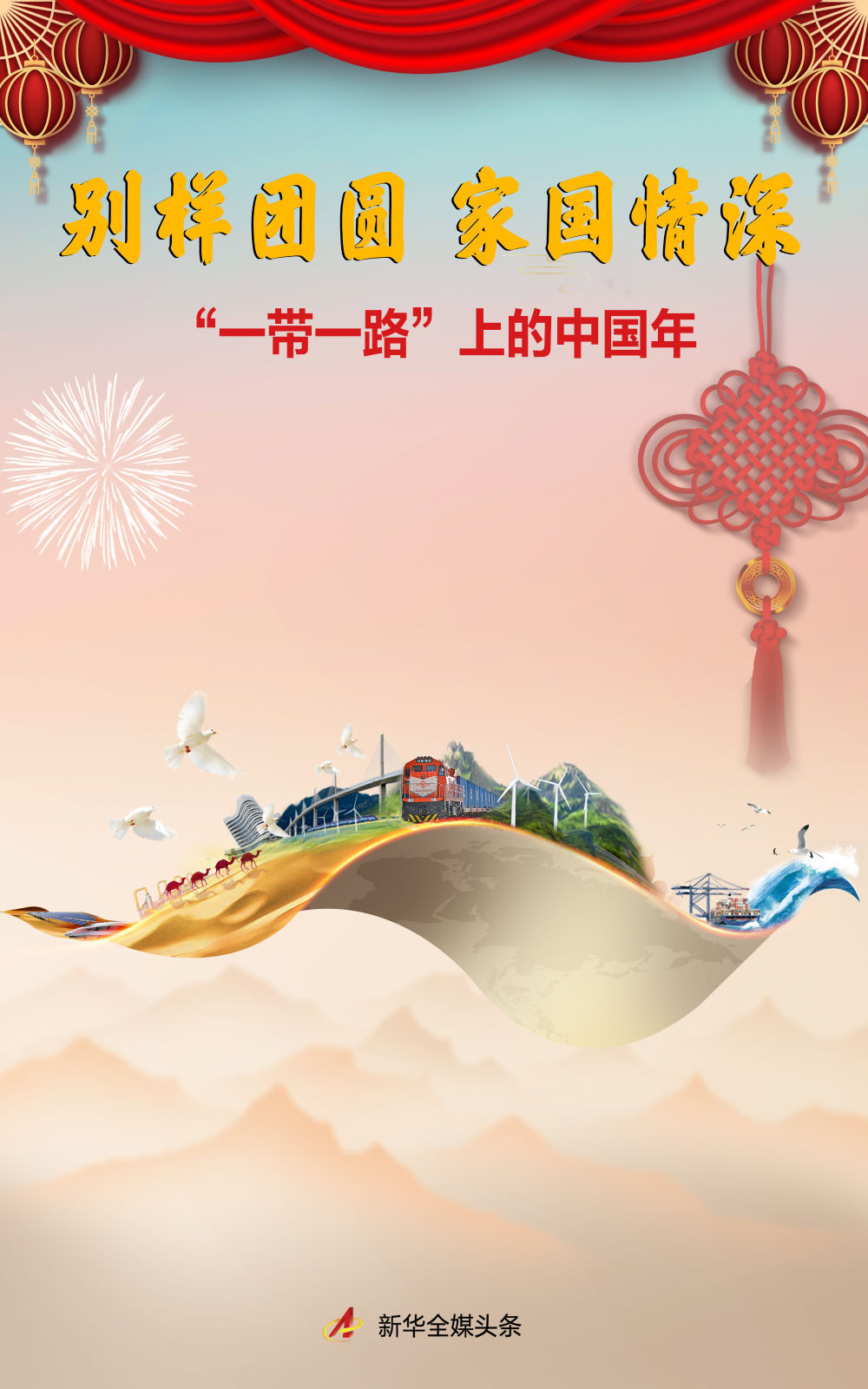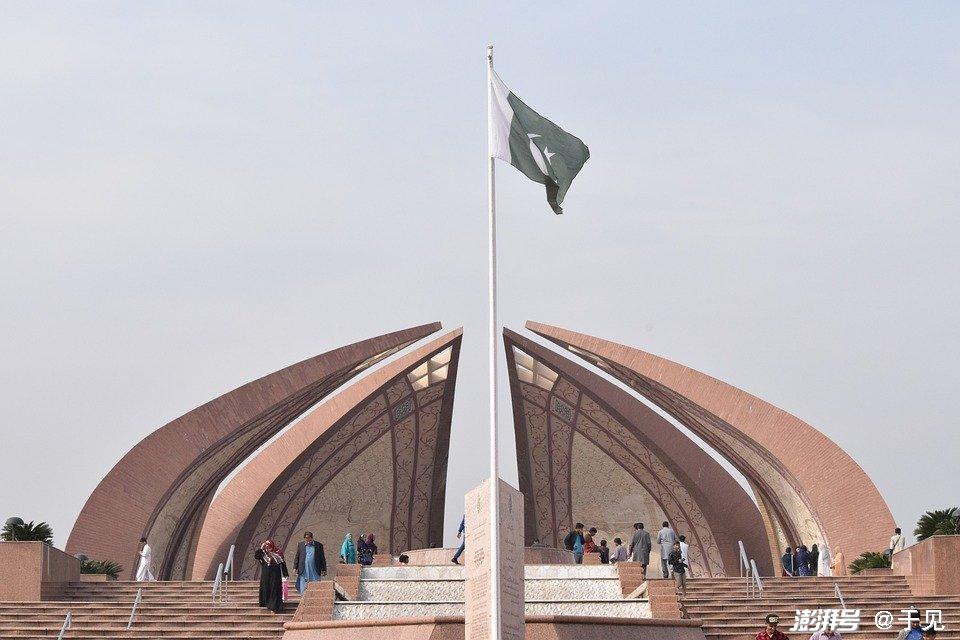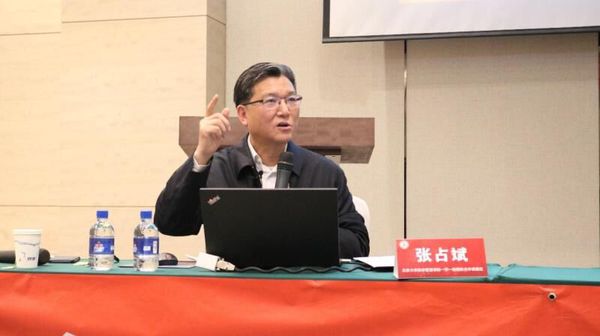Trump Himself Took Action! China Is Not Allowed To Participate In The Meeting And Takes The Credit For The Ceasefire Between Cambodia And Thailand
Trump Himself Took Action! China Is Not Allowed To Participate In The Meeting And Takes The Credit For The Ceasefire Between Cambodia And Thailand
From October 26 to 28, Malaysia will host the ASEAN Summit, which was originally an important occasion for Southeast Asian countries to discuss cooperation and peace. However, Trump’s arrival changed the flavor of this supposedly serious diplomatic event. Not only did he express his intention to participate
From October 26 to 28, Malaysia will host the ASEAN Summit, which was originally an important occasion for Southeast Asian countries to discuss cooperation and peace. However, Trump’s arrival changed the flavor of this supposedly serious diplomatic event. Not only did he say that he wanted to participate, he also made two ridiculous demands: one was to personally preside over the signing ceremony of the peace agreement between Thailand and Cambodia, and the other was to exclude Chinese officials from the venue.
The White House also bluntly stated that this was done to "focus on Trump," which meant that this diplomatic event involving regional stability became his "personal highlight moment." This isn't talking about peace at all. It's clearly just a show to gain publicity for oneself.
Trump seems to regard diplomacy as nothing more than a "ceremonial" performance. He doesn't care that Thailand and Cambodia can really coexist peacefully, but he wants to stand in front of the camera and show that "I presided over the peace signing." Why is he so persistent? Apparently, this was an attempt to label himself the "Chief Peacemaker." After all, he claimed on social platforms that he had resolved seven conflicts, including the Thailand-Cambodia dispute. This summit was nothing more than a competition for the Nobel Peace Prize and the "key shot."
But true peace is not so easy to achieve. In May this year, conflicts broke out on the Thai-Cambodian border, and some Cambodian soldiers were even killed. In July, the conflict became more intense, the most serious in the past decade. At that time, who was the first to lend a helping hand? It's China. We established a dialogue platform immediately to avoid the spread of war. Subsequently, Malaysian Prime Minister Anwar also joined in the mediation. Finally, on August 7, Thailand and Cambodia signed a ceasefire agreement in Kuala Lumpur, which clearly included clauses such as "stop increasing troops" and "avoid attacking civilian facilities", and also agreed to ASEAN sending an observer mission for supervision.
However, the "peace agreement" that Trump is now eager to preside over is actually just adding an official "seal" to the results reached in August.

What is even more outrageous is the "clearly priced security" promoted by the United States in Southeast Asia. In their eyes, peace and security are like commodities that can be bought and sold. Take Malaysia as an example. While the United States imposed a 19% punitive tariff on some Malaysian goods, it asked Malaysia to support it at the summit. Isn't this an obvious stabbing at someone and asking them to cooperate with a smile?
The situation in the Philippines is more typical. While the United States was exaggerating "regional tensions," it asked the Philippines to spend US$5.58 billion to purchase 20 F-16 fighter jets. This amount of money even exceeded the Philippines' entire military expenditure for a year! Lockheed Martin is making a lot of money, but what about the security of the Philippines? It’s just being marketed as an “anxiety product” by the United States. In order to facilitate this deal, the first stop of the US Secretary of Defense after taking office was the Philippines, and he also encouraged joint military exercises in the Batanes.

On the other hand, the cooperation between China and ASEAN follows the path of "peace and common development". We do not engage in arms transactions, but make peace a common need for everyone through actual economic cooperation. Statistics show that the trade volume between China and ASEAN has exceeded US$800 billion for four consecutive years, while the trade volume between the United States and ASEAN is only US$400 billion. The gap is obvious. Through platforms such as the “Belt and Road Initiative” and RCEP, China and ASEAN have formed a close economic circle with mutual benefit and win-win results. Cambodian Prime Minister Hun Manai also expressed his gratitude to China for its mediation, not only because we have established a dialogue platform, but also because of the deep trust accumulated through years of economic cooperation.
Faced with Trump's request, Malaysian Deputy Prime Minister Ahmad Zahid Hamidi made a smart response: "Whether Trump can come must be agreed by all ASEAN countries." This answer cleverly threw the question back to ASEAN's internal consultation mechanism, which not only avoided offending the United States, but also adhered to its own principles. In fact, Southeast Asian countries have already reached a consensus. Indonesian President Joko Widodo has long made it clear that he hopes the United States can become a "positive force" instead of engaging in "destructive competition."
Trump's "political show" is essentially challenging not only China, but also the principle of "open cooperation, consultation and joint decision-making" among ASEAN countries. Today, Southeast Asian countries face a very clear choice: Do they want a "director" who can only steal the spotlight and make deals, or a "partner" who can work together and share risks? The answer is obvious. Real peace that allows everyone to make money stably and coexist peacefully is what all countries need; and "peace" created by relying on showmanship and transactions cannot last at all.





